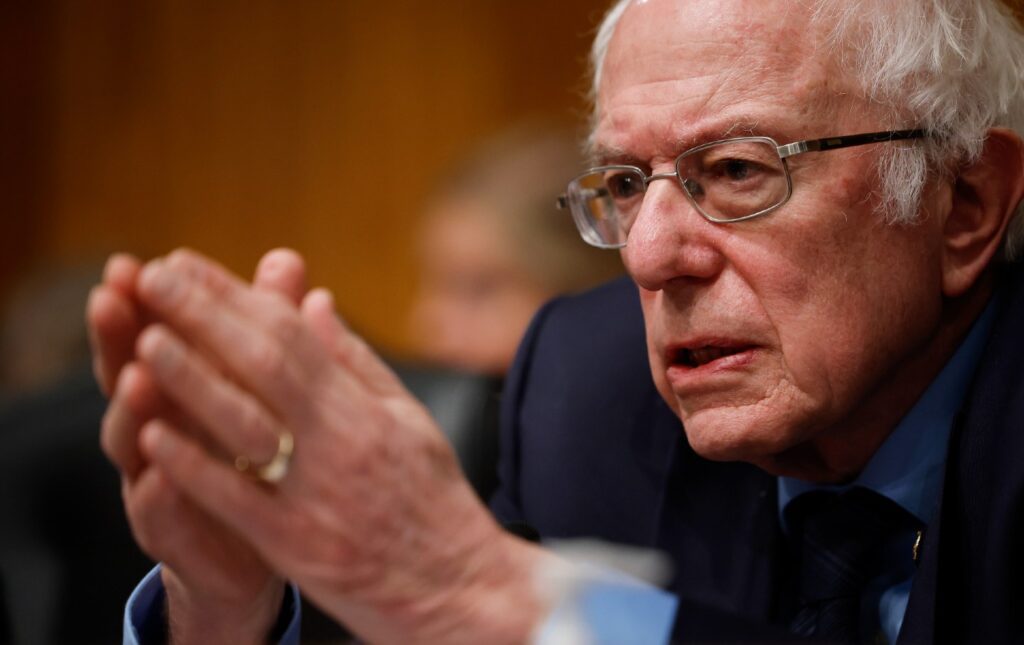
ernie Sanders has not chosen the easy road in American politics. During the Cold War, in the early 1960s, he decided to join the Young People’s Socialist League. In the 1970s and ‘80s, he pursued third-party and independent politics in Vermont. In the 1990s and ’00s, he was among the few progressive voices in a rightward-moving Congress. All along the way, however, from his years in the Burlington mayor’s office to his stint as an outsider in the House of Representatives to his sometimes lonely work in the most elite of all American bodies, the US Senate, Sanders remained committed to what he calls a “political revolution”—a mobilization of working-class people from the bottom-up to create egalitarian change.